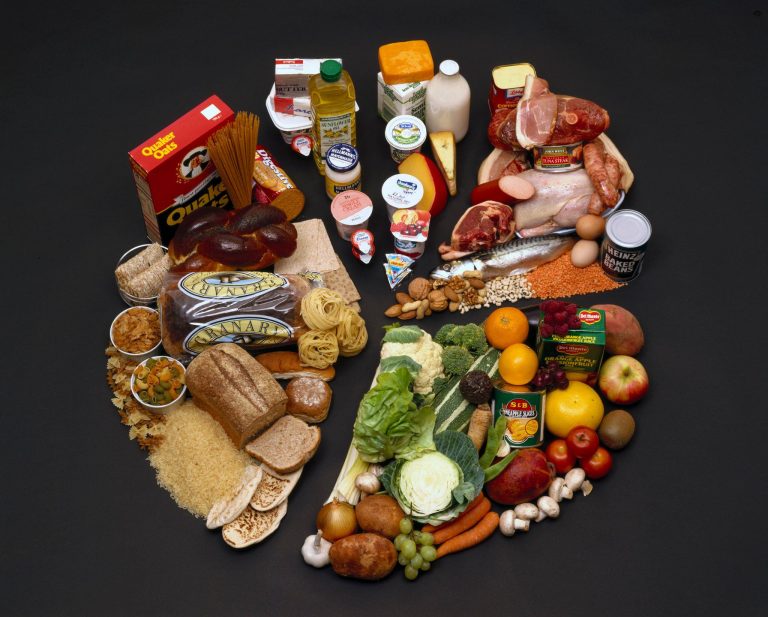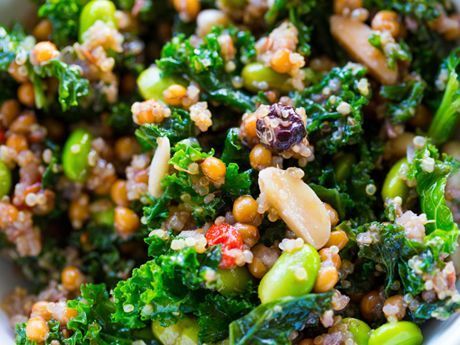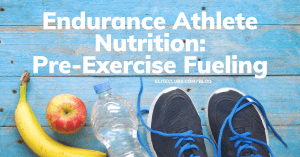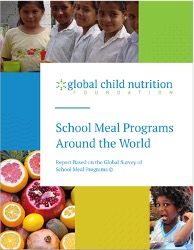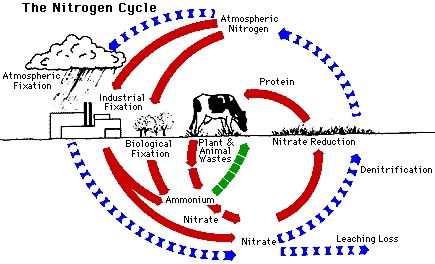It is well understood that nutrition plays a crucial role in the performance and overall health of athletes. However, when it comes to female athletes, specific nutritional needs must be considered. The demands on a woman’s body during physical activity differ from those of men, and understanding these differences is key to optimizing performance and promoting long-term health. In this article, we will explore essential nutrition tips for female athletes to help them excel in their respective sports.
The Importance of Macronutrients
HTML Markup:
The Importance of Macronutrients
Macronutrients, including carbohydrates, proteins, and fats, are essential for fueling the body during exercise. Female athletes, like their male counterparts, must ensure they are consuming an adequate amount of these nutrients to support their energy requirements. However, it is vital to understand the specific needs of female athletes when it comes to macronutrient intake.
Carbohydrates are a primary source of energy and should constitute the majority of a female athlete’s diet. They are particularly important for endurance activities such as long-distance running or cycling. HTML Markup:
Carbohydrates are a primary source of energy and should constitute the majority of a female athlete’s diet.
Proteins, on the other hand, play a crucial role in muscle repair and recovery. Female athletes should aim to consume lean sources of protein, such as chicken, fish, tofu, or legumes, to support muscle development and repair. HTML Markup:
Proteins play a crucial role in muscle repair and recovery.
While the intake of fats should be moderated, healthy fats such as avocados, nuts, and olive oil are essential for hormone production and overall well-being in female athletes. HTML Markup:
While the intake of fats should be moderated, healthy fats are essential for hormone production and overall well-being in female athletes.
The Impact of Hormones
HTML Markup:
The Impact of Hormones
The hormonal fluctuations experienced by female athletes can significantly influence their nutritional needs. Throughout the menstrual cycle, hormonal changes can affect metabolism, energy levels, and nutrient requirements. It is crucial for female athletes to pay close attention to their bodies and adjust their nutrition accordingly.
During the follicular phase, which occurs after menstruation, estrogen levels rise, leading to an increase in carbohydrate oxidation. As a result, female athletes may benefit from slightly higher carbohydrate intake during this phase to support energy levels. HTML Markup:
During the follicular phase, which occurs after menstruation, estrogen levels rise, leading to an increase in carbohydrate oxidation.
In the luteal phase, which occurs before menstruation, progesterone levels increase. This can lead to an increase in core body temperature and a higher metabolic rate. To support these changes, it is important for female athletes to focus on hydration and adequate intake of essential minerals such as magnesium and zinc. HTML Markup:
In the luteal phase, which occurs before menstruation, progesterone levels increase.
Iron and Calcium Requirements
HTML Markup:
Iron and Calcium Requirements
Iron and calcium are two essential minerals that play a crucial role in the health and performance of female athletes. Iron is particularly important as women are more prone to iron deficiency due to menstruation and increased iron losses during physical activity.
To prevent iron deficiency, female athletes should consume iron-rich foods such as lean red meat, poultry, fish, and leafy green vegetables. Combining these foods with a source of vitamin C can enhance iron absorption. HTML Markup:
To prevent iron deficiency, female athletes should consume iron-rich foods such as lean red meat, poultry, fish, and leafy green vegetables.
Calcium is vital for optimal bone health, and female athletes are at a higher risk of osteoporosis due to the impact of intense physical activity and hormonal fluctuations. To meet their calcium needs, athletes should consume dairy products, fortified plant-based alternatives, and green leafy vegetables. HTML Markup:
Calcium is vital for optimal bone health, and female athletes are at a higher risk of osteoporosis due to the impact of intense physical activity and hormonal fluctuations.
Hydration and Electrolyte Balance
HTML Markup:
Hydration and Electrolyte Balance
Proper hydration is critical for athletic performance. Female athletes, like their male counterparts, must ensure they are adequately hydrated before, during, and after physical activity. Fluid needs vary depending on intensity, duration, and environmental conditions.
In addition to water, female athletes must pay attention to electrolyte balance. Electrolytes, such as sodium, potassium, and magnesium, play a crucial role in maintaining proper fluid balance and muscle function. Consuming electrolyte-rich foods and beverages, such as sports drinks or coconut water, can help replenish these essential minerals. HTML Markup:
In addition to water, female athletes must pay attention to electrolyte balance.
Conclusion
HTML Markup:
Conclusion
Female athletes have unique nutritional needs that must be addressed to optimize performance and promote overall health. Balancing macronutrients, understanding the impact of hormones, meeting iron and calcium requirements, and ensuring proper hydration and electrolyte balance are all crucial aspects of female athlete nutrition. By paying close attention to these factors, female athletes can unlock their full potential and thrive in their chosen sports.

